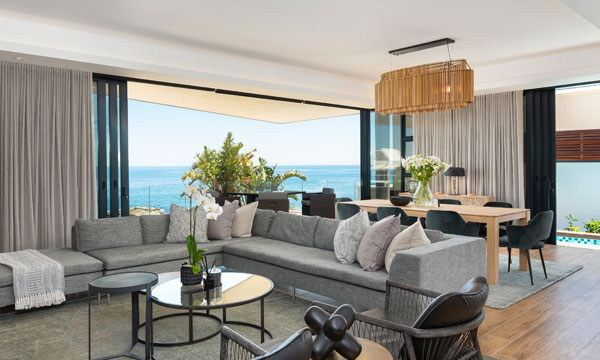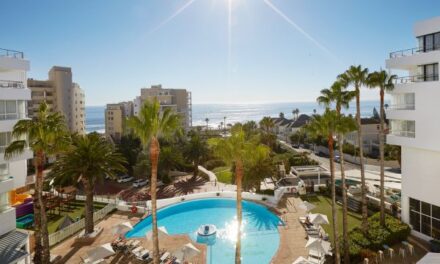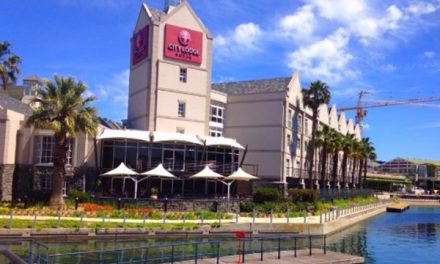
Government must come to the party, to offer remote working visas for a burgeoning market of digital nomads
A whole new accommodation market has opened up since remote and hybrid work became the norm. Global nomads who can work remotely from anywhere look for prime locations to hang their hats for short-term, but long-stay working “vacations.”
There are currently 49 nations across the world which offer remote working visas. Although this is not an option offered in South Africa yet, the City of Cape Town is leading the way having been highlighted as one of the 20 global hotspot destinations for remote workers. Additionally, the City has entered a partnership with Airbnb to attract digital nomads to our shores.
So says Max Urban, Co-founder and MD at Propr, South Africa’s largest short term rental management company. “Remote workers are mostly drawn to South Africa’s coastal regions. Digital nomads are looking for lifestyle improvements and coastal areas typically provide those benefits.”
With this in mind, Urban says implementing a remote working visa should be a no-brainer for national Government. “Initially, questions were raised around travellers’ tax residency status, but those have been addressed. Considering this, there is definitely a window of opportunity which will become less lucrative the longer South Africa waits. If other countries move first and offer an easy solution, then a large piece of the nomad market will be snapped up.
“The partnership agreement with the City and Airbnb will include a dedicated custom-built Airbnb hub for Cape Town that will showcase top local listings and information relating to entry requirements and visa policies. This means that once the remote worker visa is approved by national government, we will be able to support these travellers and ensure they have a great experience.
“This is crucial as South Africa undoubtedly lost billions as a result of contradictory visa requirements relating to unabridged birth certificates and the shortening of visas to three months. By making entry into the country a simpler exercise for all travellers, it will allow us to undo some of the damage that has been done,” Urban says.
Propr is already seeing more bookings being placed by the digital nomad cohort: “Our average length of stay has increased compared to the pre-Covid era. But many nomads switch accommodation more than once a month, so shorter stays may still be remote workers.”
This is reflected by a survey conducted by Lonely Planet and freelance site Fiverr which found that a third of digital nomads prefer to move on every one to three months. Yet 55%, the so-called “slomads”, said they liked to stay somewhere for at least three months at a time.
Five ways to attract digital nomads
- High-speed uncapped WiFi is a must
- Equally so, reliable power that is loadshedding-proof or off-grid.
- A dedicated, tech-enabled workspace. Propr provides work packs that include a second monitor, laptop stand, HDMI cable, mouse and a keyboard.
- Convenience services like cleaning and stocking of fridges. “Digital nomads are looking for lifestyle upgrades and hotel level amenities, so short-term rental owners should be making their stay as comfortable as possible to attract their business.”
- Provide information about services, amenities and facilities in the area like restaurants, co-working spaces, transport, etc.
About Propr
Propr is South Africa’s largest short term rental management company operating 550+ properties (including two aparthotels) across Cape Town, Johannesburg, Durban and Dubai. The company is Marriott-approved and has partnered with them on their Homes & Villas division. Propr is also the only management company in South Africa with a direct API partnership with Airbnb.






 Cauliflower Skewers with Pesto Drizzle
Cauliflower Skewers with Pesto Drizzle Lamb & Green Bean Bredie
Lamb & Green Bean Bredie Kerry Kilpin’s Pickled Fish Tacos
Kerry Kilpin’s Pickled Fish Tacos The Table Bay’s Ombré Chia Breakfast Sundae
The Table Bay’s Ombré Chia Breakfast Sundae Best gin Christmas cocktails
Best gin Christmas cocktails All Recipes
All Recipes













